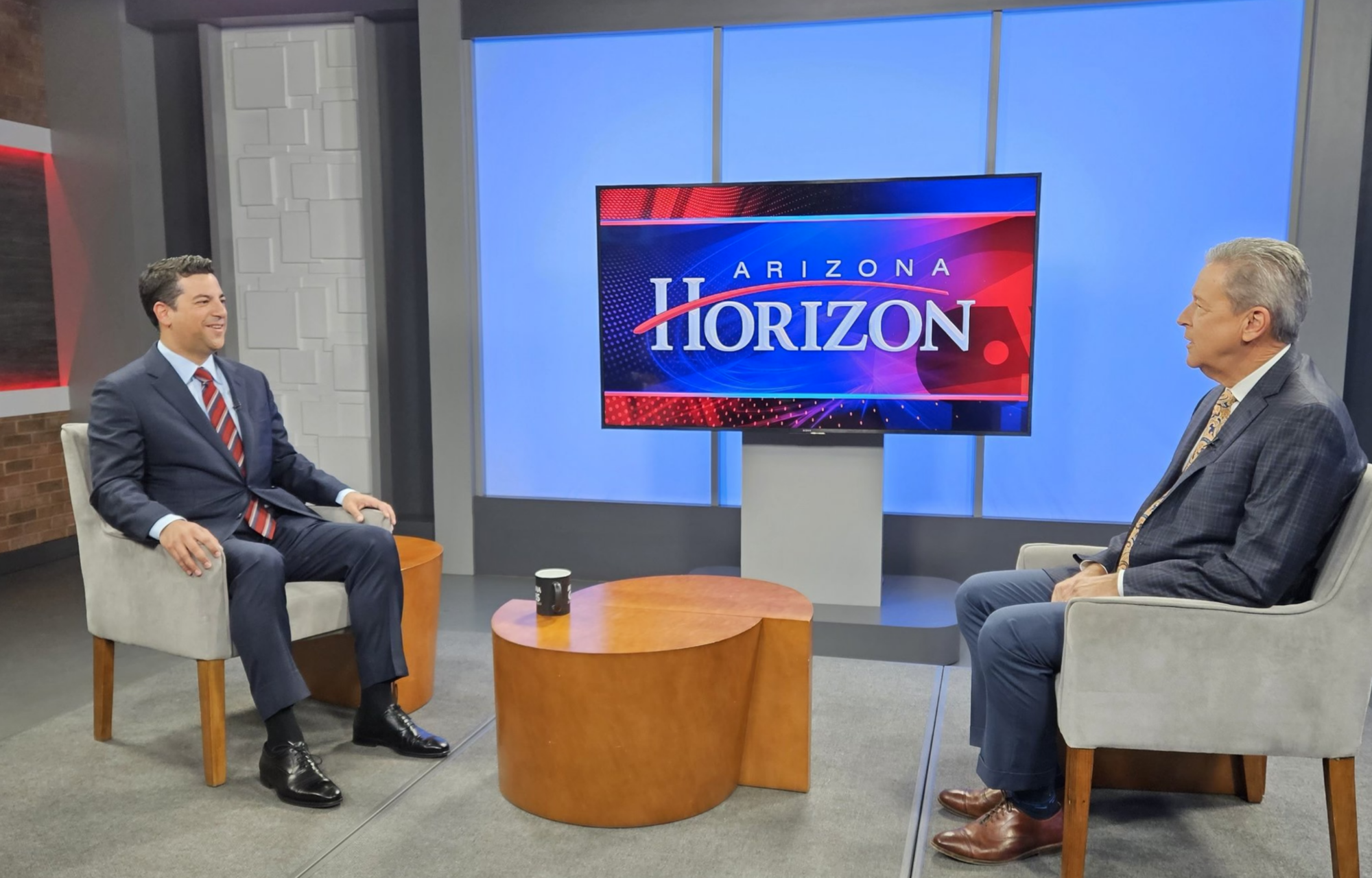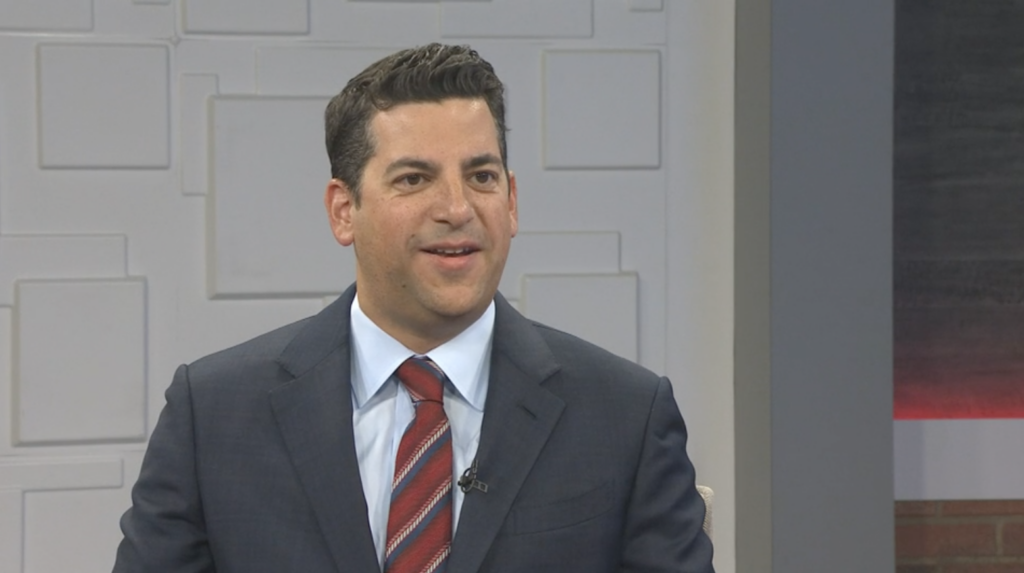
WATCH HERE
By Arizona Horizon | PBS
The battle over water in the Rio Verde area has come to an end after Governor Hobbs signed a law that obligated the City of Scottsdale to provide water to the residents in the community.
Several hundred people live in the unincorporated area and were warned repeatedly by the City of Scottsdale that it would cut off access to water on January 1, 2023, and that they should find other water resources.
A long battle ensued making its way to the Legislature, where lawmakers sent a bill to the Governor. Thomas Galvin, Maricopa County Supervisor, represents the area; Galvin said while he appreciates the Governor taking action, he feels this is a short term solution. Galvin said he has other solutions he put forward including allowing for water company EPCOR to provide water to the residents.
Galvin said EPCOR will be the long-term, third-party provider for residents.
“With this new bill that’s been passed… Scottsdale’s current stand pipe would be used to facilitate the delivery of water until EPCOR is able to get a new stand pipe constructed in about two to three years,” Galvin said.

Galvin said about 1,200 people will depend on this water source, and that number has been capped and meant for the people whose access was cut off at the beginning of this year. Residents will be charged the same amount they were paying previously, but there may be a 10% increase, Galvin said.
There was controversy around whether the City of Scottsdale’s stand pipe could be used by EPCOR to deliver water to the residents, with EPCOR paying a service fee. The mayor of Scottsdale did not agree to the proposal.
“Unfortunately, I think the mayor of Scottsdale tried to make this a political argument where he was saying, ‘I’m here to protect Scottsdale’s water.’ I do think it was a disingenuous argument. It took a bipartisan effort on different levels of government to achieve a seemingly simple result,” Galvin said.
Galvin said about 15 counties in Arizona don’t have any water utilities, and when it comes to unincorporated areas, the county has to step in to help deal with water issues.
Galvin said another issue at the top of his list is regulating how people move into unincorporated areas where there is already limited access to water.





